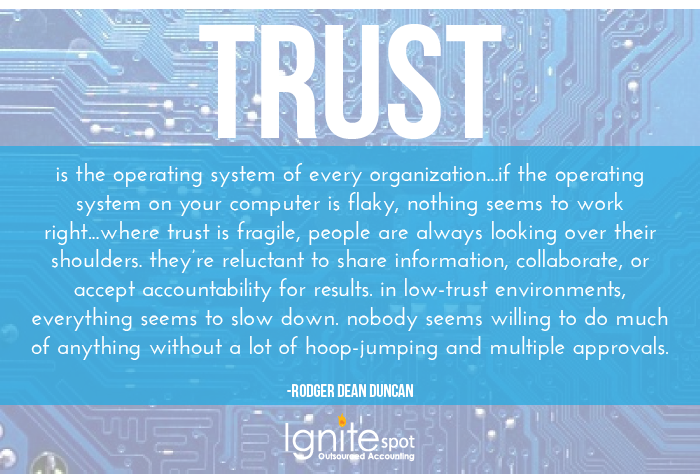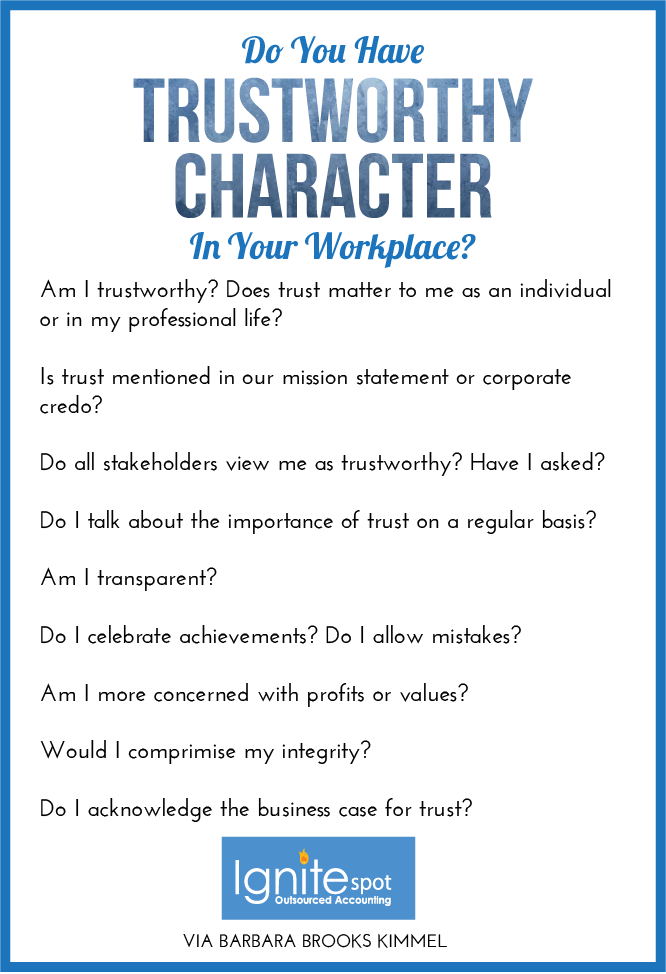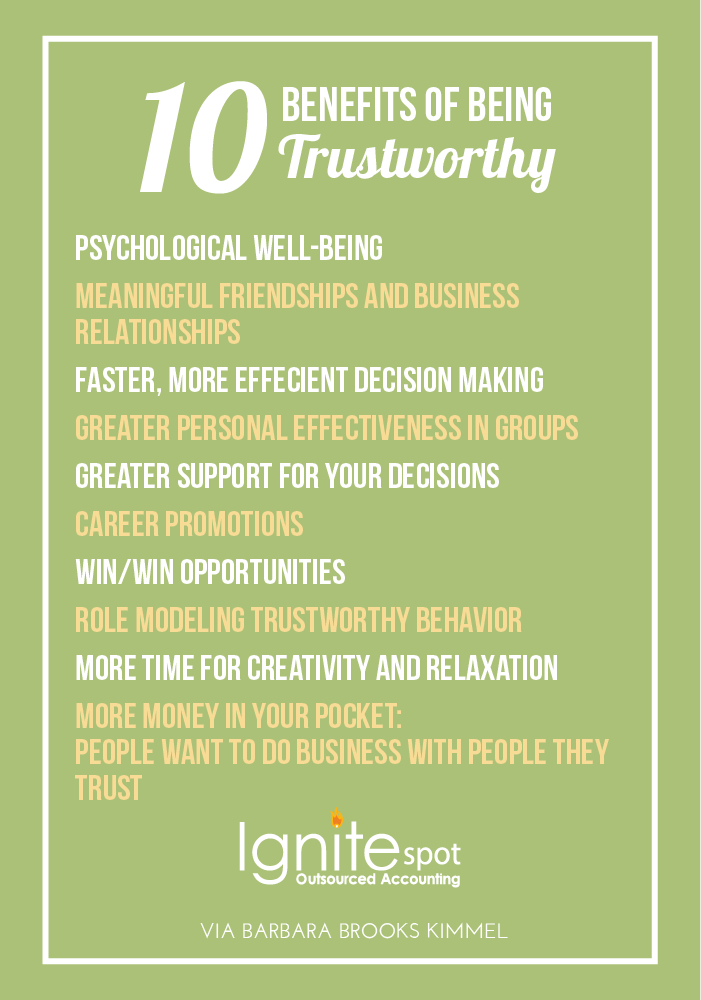
We're so used to our computers and electronic devices giving us instant results. It feels good to Google something and get an immediate answer, right? We're also extremely dependent in our offices on well-running equipment and software. How many of us have worked in an office that hands you a laptop from five years ago, and you groan deep down inside because you know that this out-dated laptop will be the death of your internet-age attention span. You know it's going to take 6 seconds to load a page rather than 0.8 seconds to load a page. You will lose your mind, and eventually have an Office Space moment that involves a baseball bat and some serious rage.
So you vow never to use an outdated piece of equipment again. It costs you time and peace of mind. You invest in the most up-to-date computers and software for your energetic and innovative team. You're ready to go...or are you?
There's something else slowing you down. There's something else that's really costing you time and productivity: lack of workplace trust. I know. You are a trustworthy person--so people automatically trust you, right?You've got to actively cultivate trust in your workplace. And, as the leader, you are the first person who needs to hand out trust to everyone that effects your business, internally and externally.
Here's 9 attributes to take your pulse on, and you can start cultivating trust today to get your people sharing more, collaborating more, and producing the results that will take your business to the next level of profitability:

This one seems obvious, right? If you want trust in your office, you have to start by actually trusting your employees, board members, vendors and customers.
- Staff engagement won’t happen without trust...Since the opposite of trust is control, where you see a lack of authentic trust, you’ll find controlling people. Disengagement is a symptom of distrust...That doesn’t mean trust causes engagement. Rather, it’s an essential component that enables it.
As the leader of a company or a team, it can be hard to let go of control. Just like parents have a hard time letting their children help around the house because it would be much faster and easier to do it themselves, it's tough for experienced leaders to hand over complete trust to those with less experience.
You've got to let go, and just trust the people you've hired. They will definitely make mistakes. Count on it. But, the more you trust them the more they'll be willing to trust you back and will engage the resources around them to help them succeed...and, ultimately, you'll succeed.

- Skillful self-disclosure can humanize the leader, creating connections between the leader and followers that increase feelings of trust and intimacy, and, in an organizational context, a readiness to work together collaboratively to reach mutual task goals.
Not only should you be transparent about some of your personal life, but it's important to be open and honest about your intentions in the workplace. If you want to lead and influence others, Linda Hill argues that
- you must reveal your intentions. People won’t believe you will do the right thing unless they’re convinced you genuinely want to do it.
- Talk explicitly about your intentions--what’s important to you, the goals you seek, the values and motives that guide your actions and decisions. Talk as well about the sources of your intentions--the experiences that forged them.

- Being trustworthy is about character. It’s more “nurture” than “nature,” and never too late for improvement. Character is really a lifelong learning opportunity for those with an open mind and a motivation to elevate it...There is no deadline for developing character.
- Trust doesn’t magically happen...trust starts with trustworthy leadership. It must be built into the corporate culture
Think not only about your own character, but think about the character of your business as well. Is your business trustworthy?
Here are some questions that Kimmel suggests you ask yourself:


- Apparently, leadership still believes it’s better to put out the fire of the day, and react to the latest crisis, then to proactively build stakeholder trust.
Putting out fires is an outdated and ineffective process. Make sure your eyes are wide open, and trust is abundant so you can see what's coming before it's too late.

Make sure your company values are clearly articulated. They should be so well-known among all stakeholders in the company to the point where they are internalized, and no one has to think twice about what values are behind the profitability of your company.

If you can't do your job well, who is going to trust you? We've all been in a position where we've questioned our boss's ability to understand complex problems and solve them in an effecient and smart way. Don't be that guy who everyone secretly rolls there eyes at. Make sure you know what you're doing, and if you don't know what you're doing, admit it and get some help from someone else on the team--that's why you have a team.
- Creating a culture where people feel secure in dealing with others is a long-term recipe for success. The key is building a shared expectation that deadlines and agreements will be kept, and having a central authority that backs those guarantees.
If you and your team are competent, things will get done when they're expected to get done. Yes, there will be exceptions--but they should be exceptions, not the norm.

Why do people trust strangers?They don't, not as individuals. But they do in groups. Strangers are assumed not to have an axe to grind. If 100 people on eBags say a laptop bag is great, then it is great. If they say it’s inferior, then it is inferior. Regardless of what a so-called "expert" might say.
What if your customers don’t like you? Shutting them up is not an option. My only useful case study for this is Dell, which (1) started to seek out bloggers who were complaining and solved their problems to make them happier and (2) actually improved their customer service. That’s expensive. But if you’re in a cutthroat market it’s required.

-
Williams’s research with 147 mid-career professionals and their bosses shows that a supervisor’s perception of worker benevolence can positively affect performance assessments.
-
Perspective takers gently test their hunches, Williams said, by asking questions such as "is that project going alright?" or "you seem concerned about something."
Perspective takers are communicators who value co-workers' welfare and behave compassionately.
To gain perspective you have to be alert and willing to ask questions. Every day.

Look for what's going right, vocalize it and point it out, and build on it.
- too many of us are fixated on everything that's wrong, instead of working to fix what we can. We're more concerned about the missteps of the person down the hall than what's happening in our team; or outraged by the department head that said one thing and did another, not hearing our own words or noticing our own unaligned actions.
It's profitable to invest in trust in your workplace. Just like you invest in hardware and software to make sure things run smoothly, you've got to take the time and effort to invest in trust levels where you work--or people will stop collaborating, sharing, and innovating.














.png)




